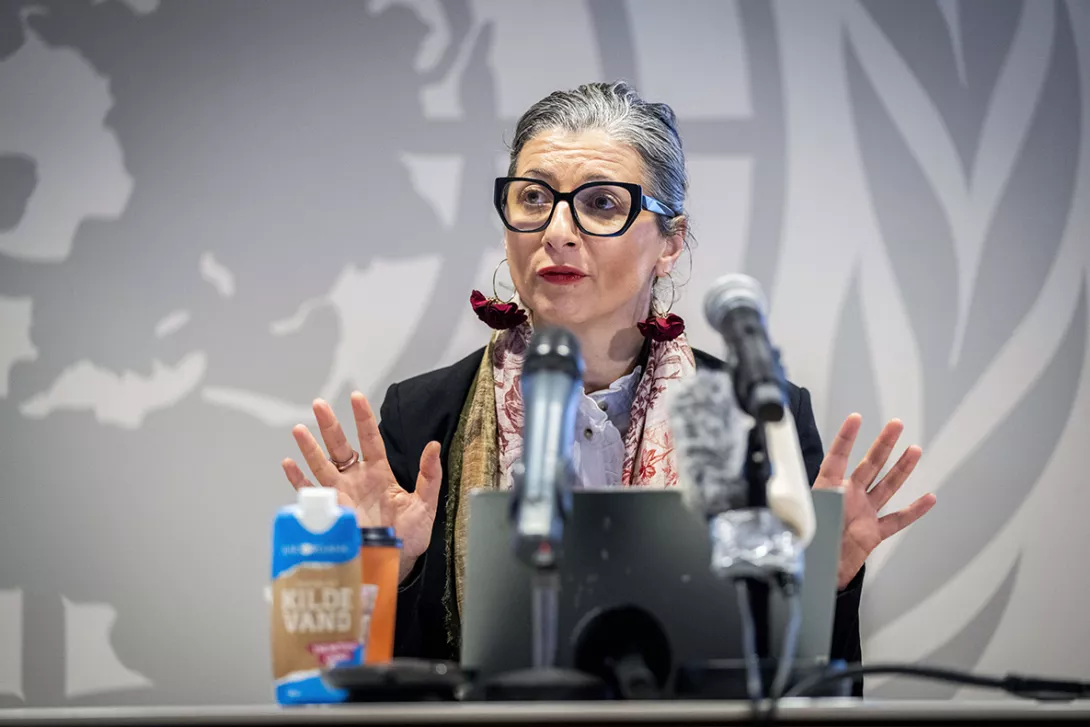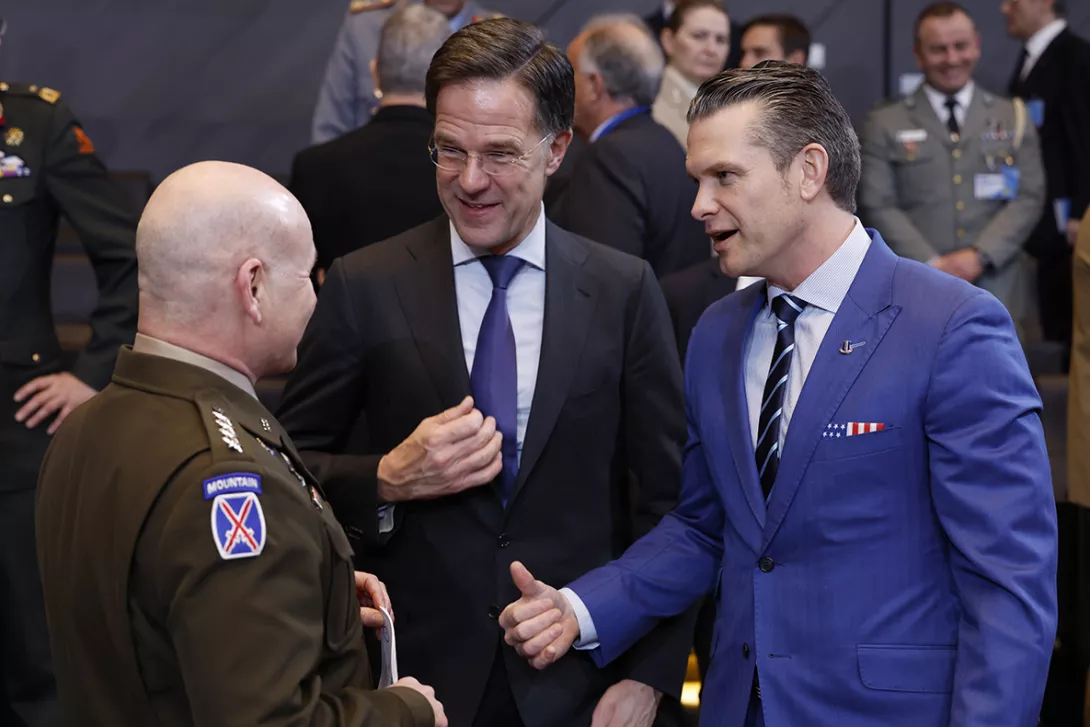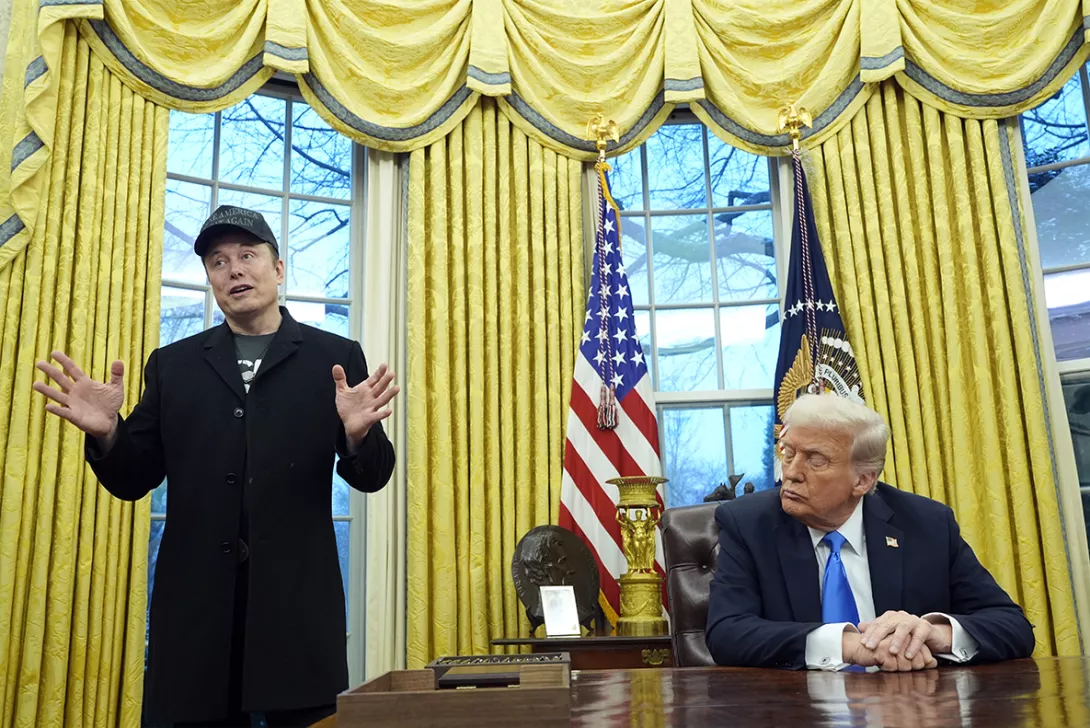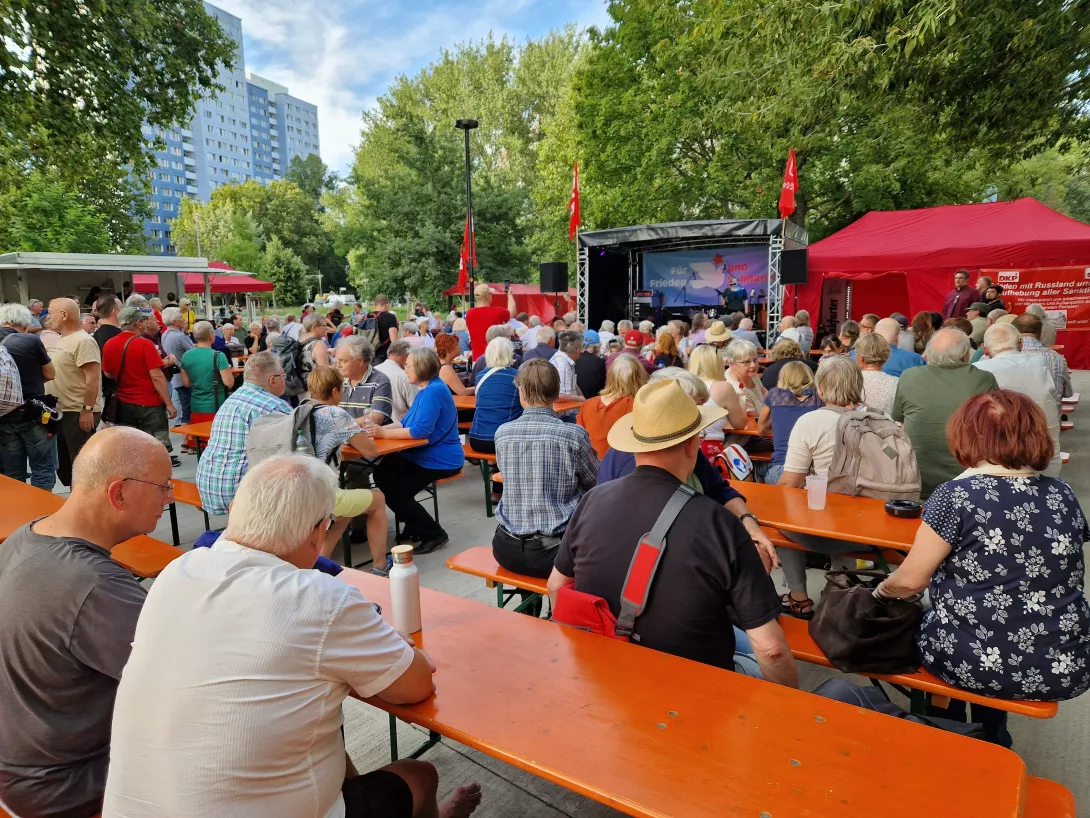The proxy war in Ukraine is heading to a denouement with the US and Russia dividing the spoils while the European powers stand bewildered by events they have been wilfully blind to, says KEVIN OVENDEN
'Our priority is a stronger movement for peace'
German Communist Party leader PATRIK KOBELE speaks to Morning Star editor Ben Chacko about rising repression and the domestic ramifications of Germany's drive to war
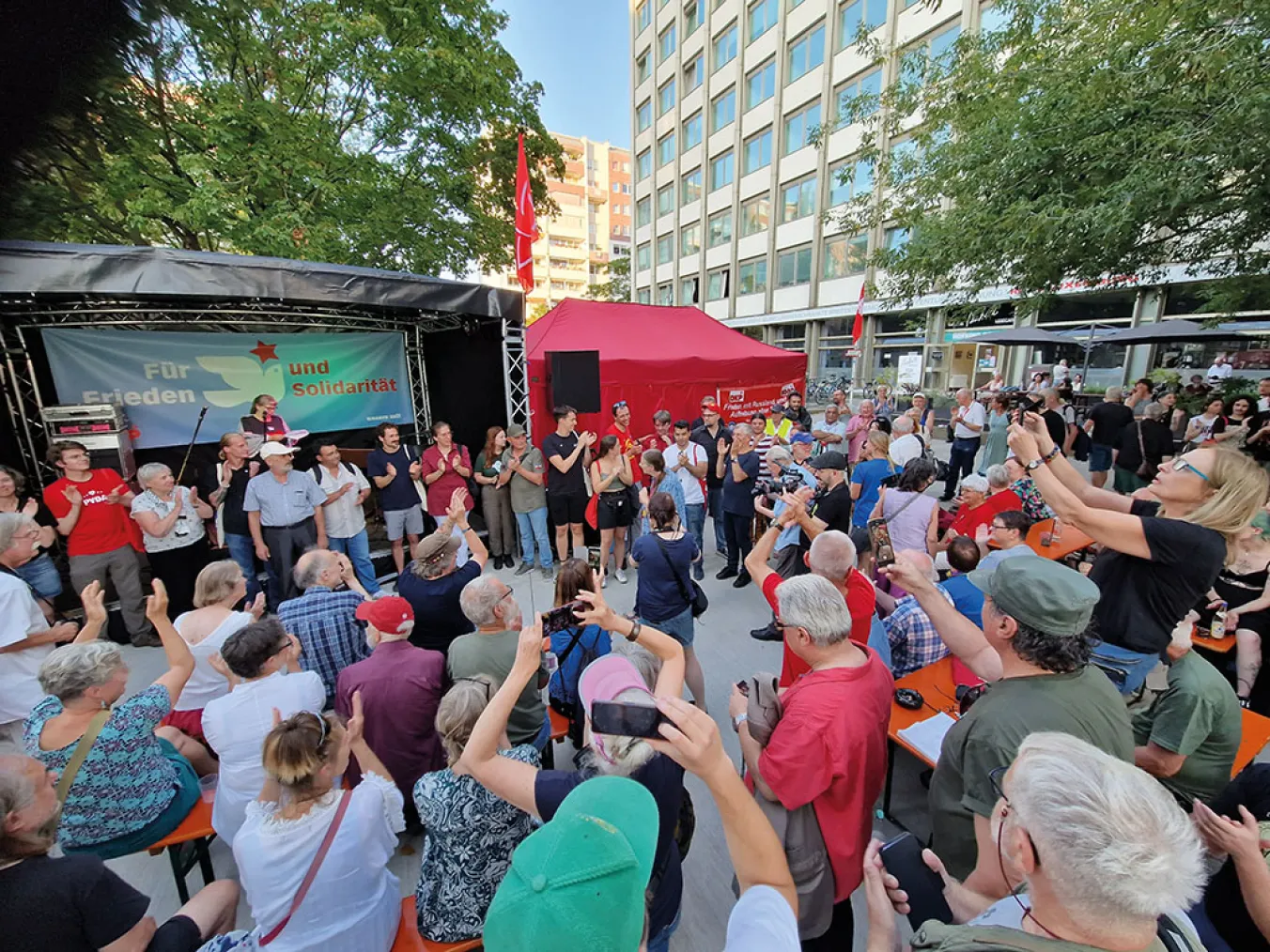
FOR years, German communist weekly Unsere Zeit (UZ) held a biennial festival of left politics, culture and music, the “Pressefest,” in Dortmund’s Revier Park.
It was a big event, attracting thousands every other summer. Debates took place in a relaxed atmosphere: there was even a swimming pool in which comrades could take a dip when they fancied a break.
But the last Dortmund Pressefest took place before Covid, and UZ and the German Communist Party (DKP) held last weekend’s event — dubbed the Peace Days rather than the Pressefest — like 2022’s, on a much smaller scale in Berlin.
More from this author
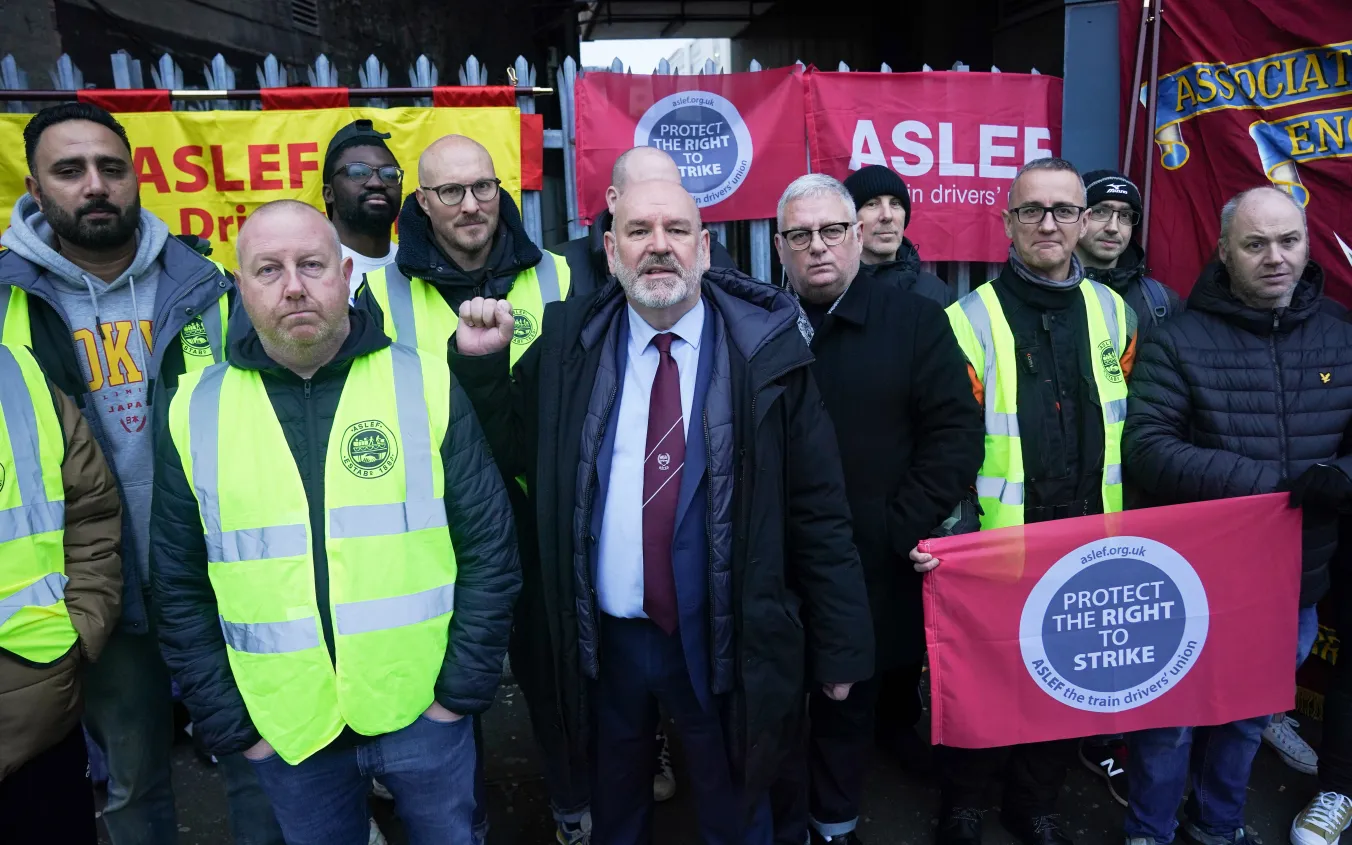
Aslef general secretary MICK WHELAN speaks to Ben Chacko about rail renationalisation, the Employment Rights Bill and why we shouldn’t write off this Labour government
Similar stories
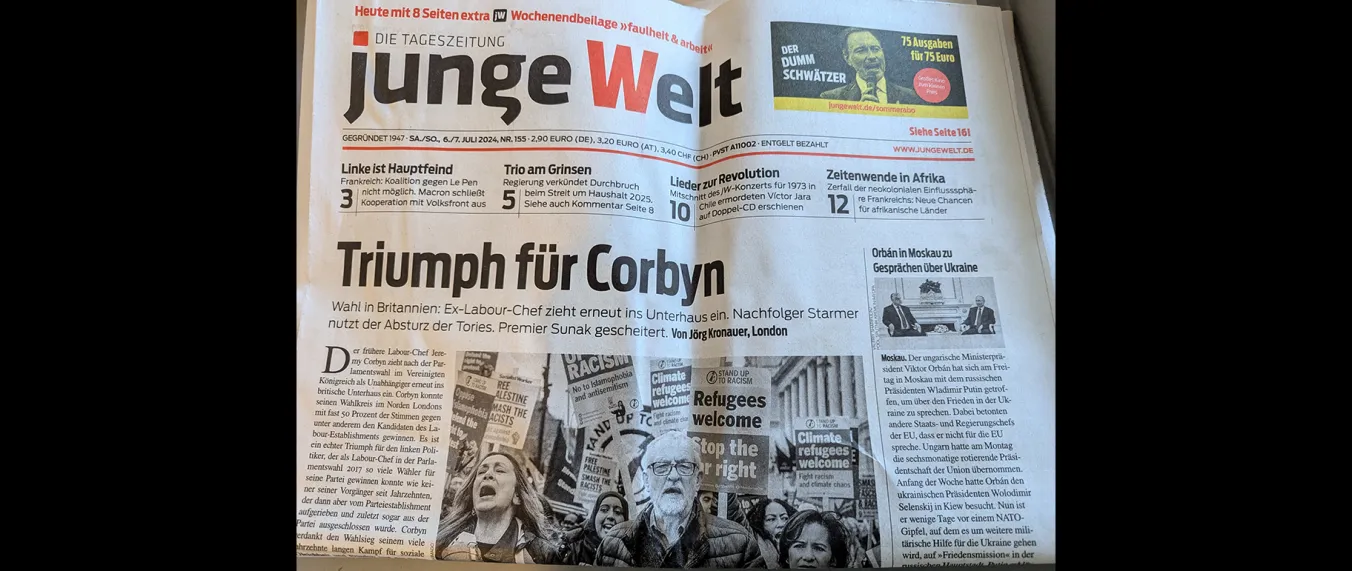
Nakedly political judgement says newspaper is anti-constitutional for promoting 'a socialist-communist social order according to classical Marxism'

The new party is growing and winning not only due to its refusal to beat the war drums over Ukraine, but because of its fearless scepticism of liberal orthodoxy from cancel culture to immigration, writes NICK WRIGHT










